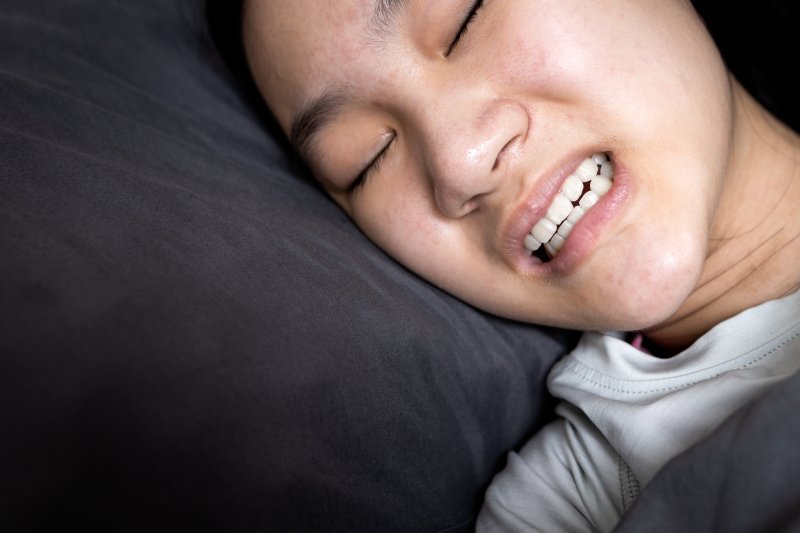Can Botox Treat Any Health Conditions?
April 17, 2024

Botox treatments are well-known as cosmetic treatments that can significantly reduce the appearance of wrinkles after several days, but did you know that they are also used to treat medical conditions? People receive Botox injections to address issues such as migraines, strabismus, and overactive bladder, and it has even seen off-label use for conditions like hair loss and plaque psoriasis. Here’s a brief overview of the medical uses for Botox.
Using Botox to Treat a Chronic Migraine
If a patient suffers migraine symptoms for fifteen days a month for at least three months, their migraines are considered chronic. These splitting headaches can make it hard to focus on daily tasks or even cause people to miss important social events due to overwhelming pain. Recent research suggests that Botox injections may help reduce symptoms such as:
- Pain and inflammation associated with migraines
- The frequency of migraines
- The severity of migraines
While the exact way in which Botox may reduce these symptoms is not yet understood, it is believed that it does so by hindering the release of neurotransmitters associated with pain signals while also relaxing the muscles in the head.
Botox May Ease an Overactive Bladder
An overactive bladder causes a person to suddenly need to urinate, which can make it hard to go on long walks, sit through movies, or engage in many other pleasurable activities. A 2020 review suggests that Botox treatments may reduce the symptoms of overactive bladder by:
- Temporarily reducing the strength of bladder contractions
- Inhibiting the release of the neurotransmitters that trigger muscle contractions in the bladder.
- Encouraging the release of nitric oxide, a chemical that helps the bladder relax.
Don’t Sweat Hyperhidrosis
As is fitting for the name, hyperhidrosis is excessive sweating. While a nice coat of sweat on your skin might look great when you’re leaving the gym, sweating at inappropriate moments can lead to awkward situations as well as an unpleasant aroma. Luckily, a 2023 review found that Botox treatments may reduce the symptoms of hyperhidrosis by blocking the neurotransmitters that stimulate the sweat glands, and the effects of these treatments may last for six to twelve months.
Straightening Out Strabismus
Strabismus is a condition that causes the eyes to involuntarily cross or squint, causing them to not align properly when observing an object. Using Botox treatments, doctors can temporarily paralyze some of the muscles that control eye movement to improve the way the eyes coordinate. In some patients, patients learn to better control the muscles that align their eyes while the other muscles are paralyzed, which can leave them with improved eye coordination after the treatment has worn off a few months later.
Botox can do a lot more than help you maintain a pretty face. Consulting with your dentist can help determine if this treatment can help you address a medical condition.
About the Practice
Gerome & Patrice Family Dentistry has provided excellent dental care to the community of Loveland, OH for more than three decades. Led by Drs. Mark Gerome, Gina Patrice, and Kevin Ma, the staff sees to each patient receiving compassionate personalized care in a welcoming environment. Areas of expertise include general, restorative, cosmetic, and emergency dentistry as well as Botox treatments. To schedule a Botox consultation, contact the practice online or dial (513) 677-1349.

